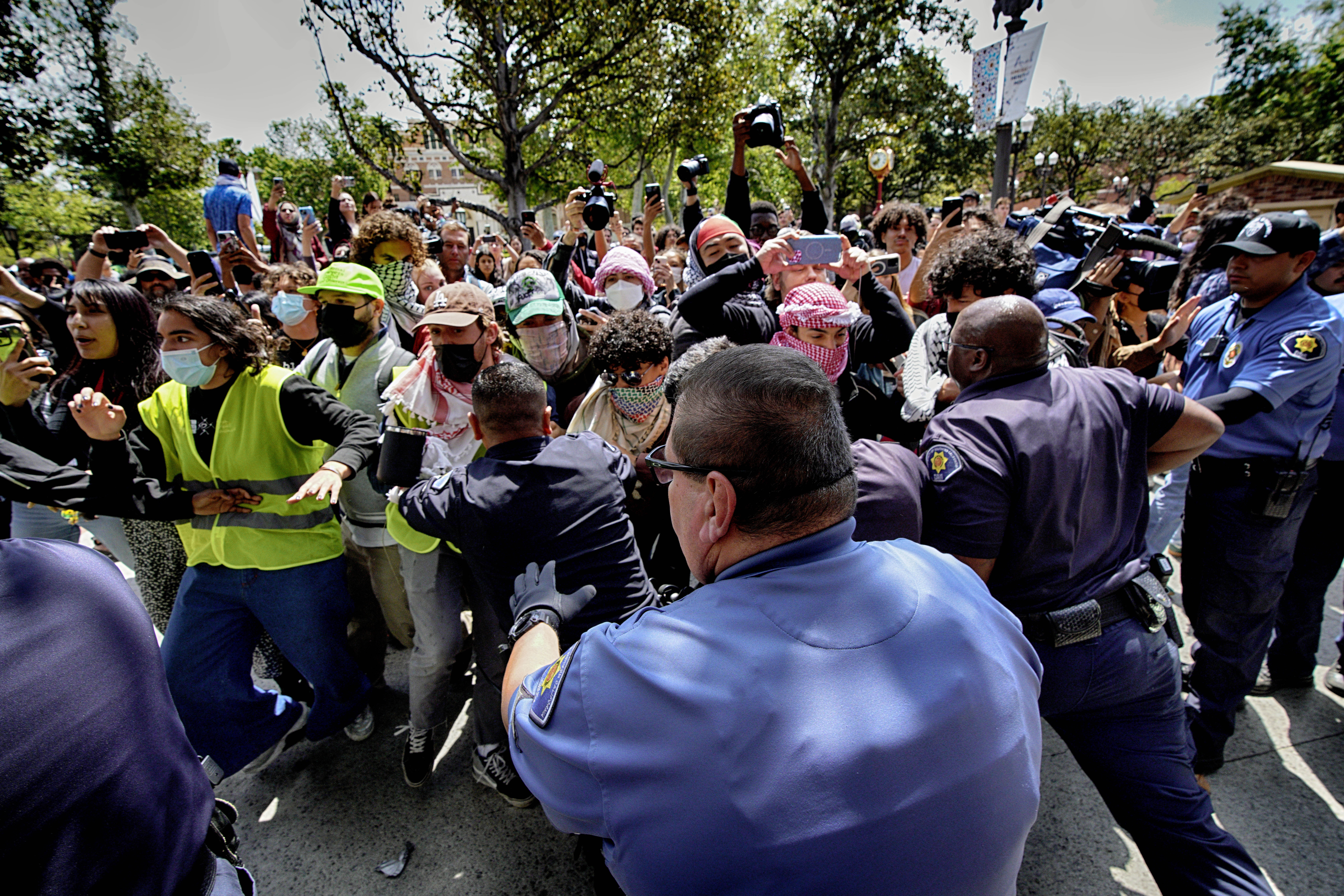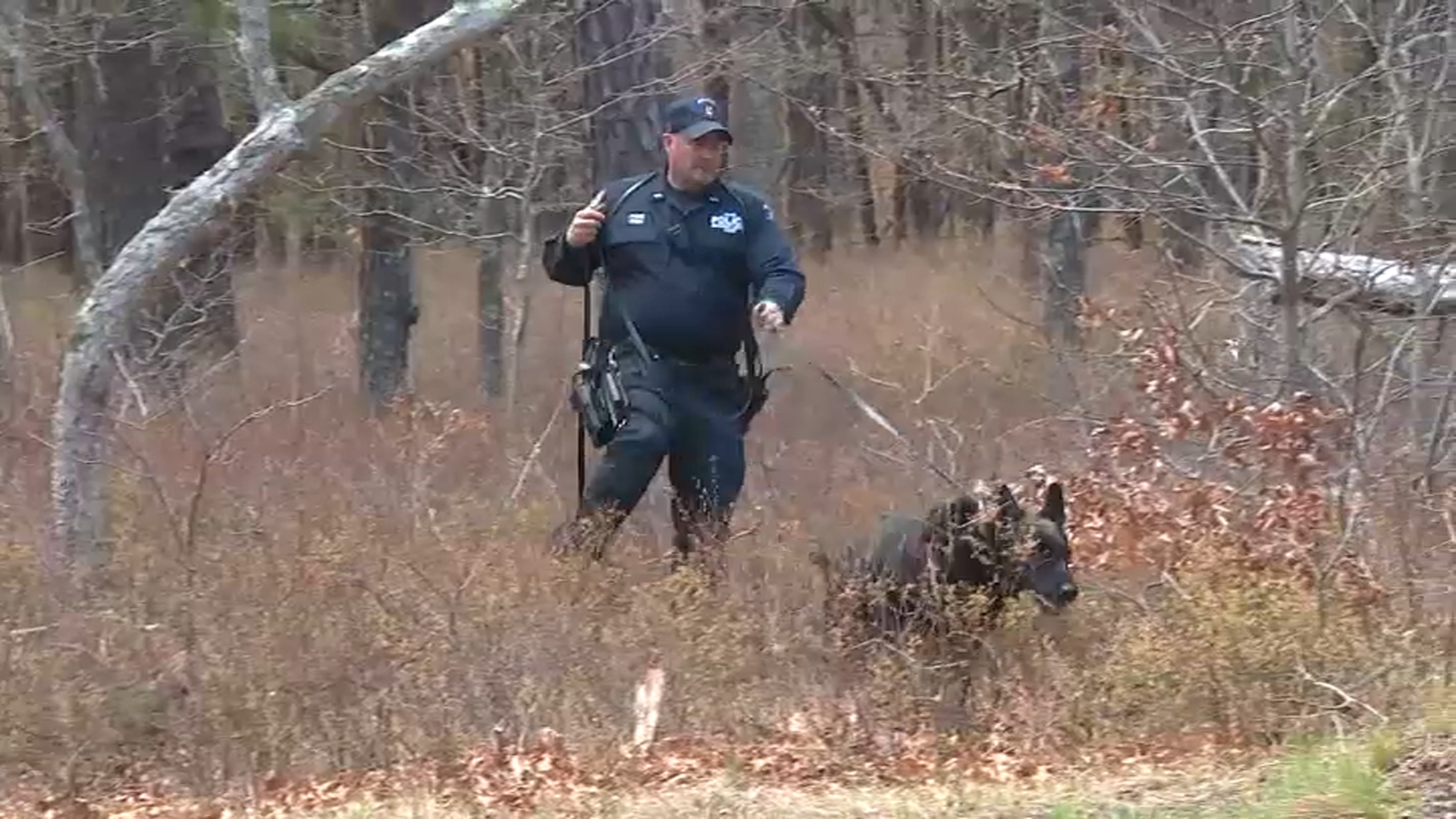What to Know
- Mayor Bill de Blasio ended NYC's curfew early as the late-night violence that dominated early protests has subsided
- Tens of thousands have marched through streets and crowded parks since protests began more than one week ago
- Protests are scheduled nearly every hour of the day Sunday starting at 10 a.m.
New York City Mayor Bill de Blasio lifted his nightly curfew Sunday morning, one day early and after several nights of relatively peaceful protests that stood is direct contrast to the nights of looting and violent clashes between police and protesters that motivated the 8 p.m. curfew enforcement.
"Yesterday and last night we saw the very best of our city," de Blasio tweeted, saying the curfew would be lifted immediately. Previously, the city's curfew was scheduled to end 5 a.m. Monday when New York City enters Phase I of reopening since the start of the coronavirus pandemic.
At his briefing later Sunday morning, de Blasio thanked protesters who he said were predominantly peaceful five days in a row. The NYPD made four arrests and issued 24 summonses on Saturday, the mayor said.
"I made clear throughout the week that the NYPD was going to use a restrained approach, I know there are deep concerns about specific situations, and I respect that," de Blasio said. "But in this city, the NYPD did not use many of the approaches used in many cities.
The mayor outlined four points of police reform that he would either support of institute immediately. De Blasio said the city will redistribute funding from the NYPD to youth and social services; the specifics on how much and where the funding would come from were not specified, but the mayor said details would be worked out in the budget process in the coming weeks.
De Blasio repeated his support of reforming 50-a, calling to increase transparency of police discipline. Enforcement of street vendors would no longer be the responsibility of the NYPD, the mayor said, and the city will focus on hiring community ambassadors into the senior level of the NYPD.
"In New York City, it takes too long for there to be accountability for officer’s who do the wrong thing," de Blasio said, emphasizing each investigation will follow the facts.
Peaceful protests continued Sunday with thousands of protesters, most of them wearing masks, walking through Manhattan chanting “Black Lives Matter” and “George Floyd.”
Brandon Watts, a black pastor at Epiphany Church in Brooklyn, mandated that participants wear a mask at a “Pray & Protest” march he organized Sunday with several other churches. Attendees were offered free coronavirus testing at one of the participating churches.
News
“COVID-19 hit the inner city harder than anybody else,” Watts said. “And so we have to be very careful. We’re the only ones in a pandemic within a pandemic.”
Catherine Corien, a 60-year-old dental hygienist in Brooklyn, held off attending protests all week because she was afraid of catching the virus, but she stood near the back of a protest in Bed-Stuy on Sunday wearing a mask and keeping some distance from other protesters.
“I’m very concerned, but at the same time, a lot of people, if they are like me and decided to stay home, nothing would have happened,” she said.
Police at multiple protests in Brooklyn on Sunday were not wearing riot masks, which had been standard at protests for the past week. Some officers posed for photos with vest-wearing bikers, and barricades at the Trump hotel at Columbus Circle were moved for protesters and replaced when they passed through the area.
Tens of thousands of demonstrators marched all day Saturday, with hundreds still in the streets of Brooklyn and Manhattan well past curfew. One group of protesters walked onto the FDR Drive after the 8 p.m. curfew, momentarily shutting down lanes of traffic.
Police officers arrested a driver for allegedly striking protesters around 10:30 p.m. in Brooklyn. They say a person was taken into custody after reports the driver struck a 24-year-old bicyclist near Brooklyn Avenue and St. John's Place.
The person struck and injured in the assault was transported to a nearby hospital but is expected to be OK, officials said. According to police, the driver moved onto a sidewalk to avoid protesters kneeling in the street but still encountered a handful who attempted to stop him, and that's when the cyclist was struck and suffered an ankle injury.
The driver, 44-year-old Jacob Leiper, faces charges of reckless endangerment, unlawful possession of marijuana and leaving the scene of an accident. Contact information for Leiper's legal representation was not immediately available.
Almost every day since the start of protests in New York City, up to a dozen protests and rallies have taken over the city concurrently, as was the case again Saturday. By 7 p.m. groups were spotted in almost every corner of the city, in Central Park, walking along the West Side Highway, marching across the Brooklyn Bridge and gathered around Barclays Center.
More than 10,000 people were marching in a group at 5:30 p.m. that stretched from the Brooklyn side of the Brooklyn Bridge, across the bridge, past City Hall and up onto Canal Street.
One of the largest contingent of marchers since the start of protests last week moving through downtown Brooklyn after an afternoon storm that packed strong wind gusts and rain. The crowd took around 30 minutes to pass.
The looting that occurred on Sunday and Monday has almost entirely stopped, but late-night bouts of violence continue when police enforce the city's 8 p.m. curfew. Since the first night of Mayor Bill de Blasio's curfew, widespread reports of violent arrests and altercations between officers and protesters have been documented.
De Blasio had said he wouldn't remove New York City's nightly curfew before Monday morning despite pleas from protesters and city council members.
De Blasio had said he wouldn't remove New York City's nightly curfew before Monday morning despite pleas from protesters and city council members.
"This curfew is serving as a pretext for aggressive and violent confrontation of protesters by the police. It is doing nothing to make our city more peaceful, it is doing the opposite," Chair of NYC Council health committee Mark Levine said.
De Blasio previously said the "broad goals" of the curfew have been achieved, "but my plan is to continue the curfew throughout the week as I originally stated." New York Gov. Andrew Cuomo said he supports the mayor's decision to maintain the curfew and that, ultimately, the curfew's jurisdiction falls to de Blasio.
Several civil rights organizations, including the New York Civil Liberties Union and the Legal Aid Society, threatened to sue the mayor if the curfew was extended any further.
Manhattan District Attorney Cy Vance Jr. previously said his office will not prosecute protesters arrested for unlawful assembly or disorderly conduct. Vance said his office must "enact public policies which assure all New Yorkers that in our justice system and our society, black lives matter and police violence is a crime."
In a statement released late Friday afternoon, the district attorney’s office said its policy is “designed to minimize unnecessary interactions with the criminal justice system, reduce disparities and collateral consequences in low-level offense prosecutions.” The DA said anyone with evidence of violence against officers or property will be charged appropriately.



